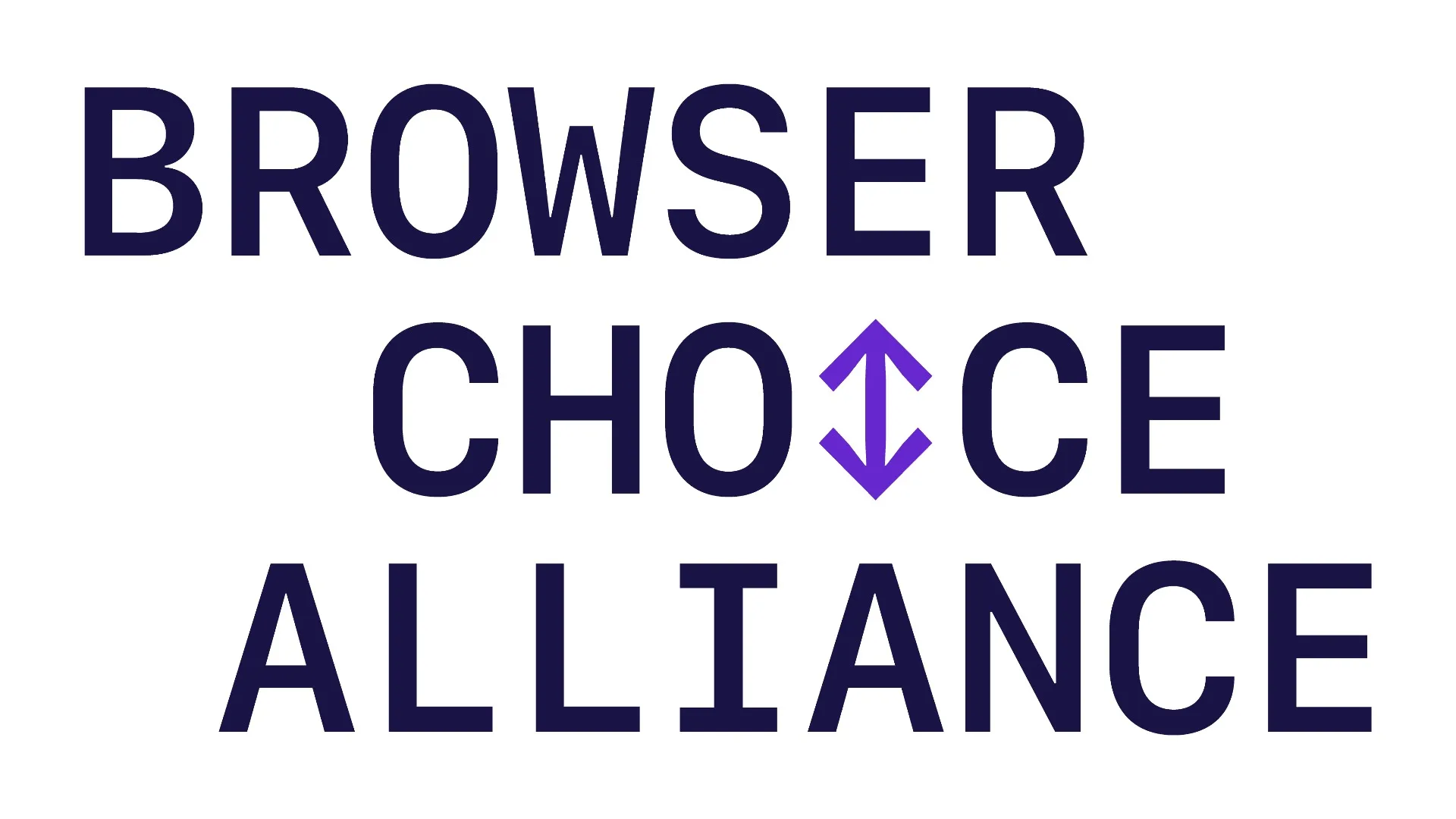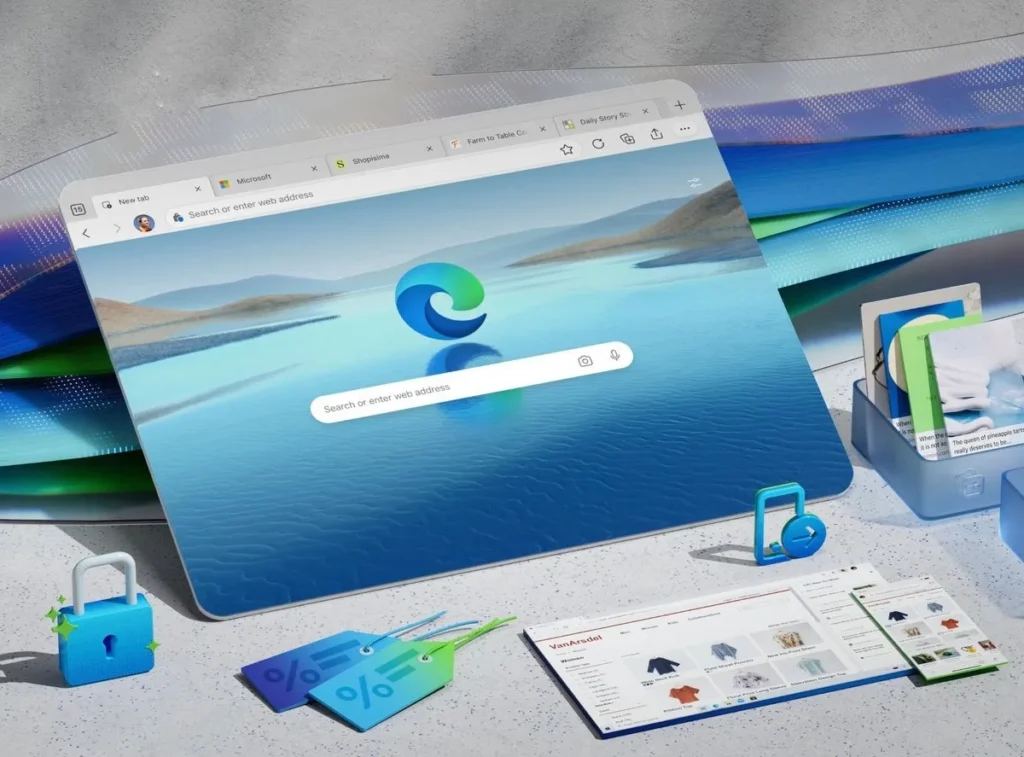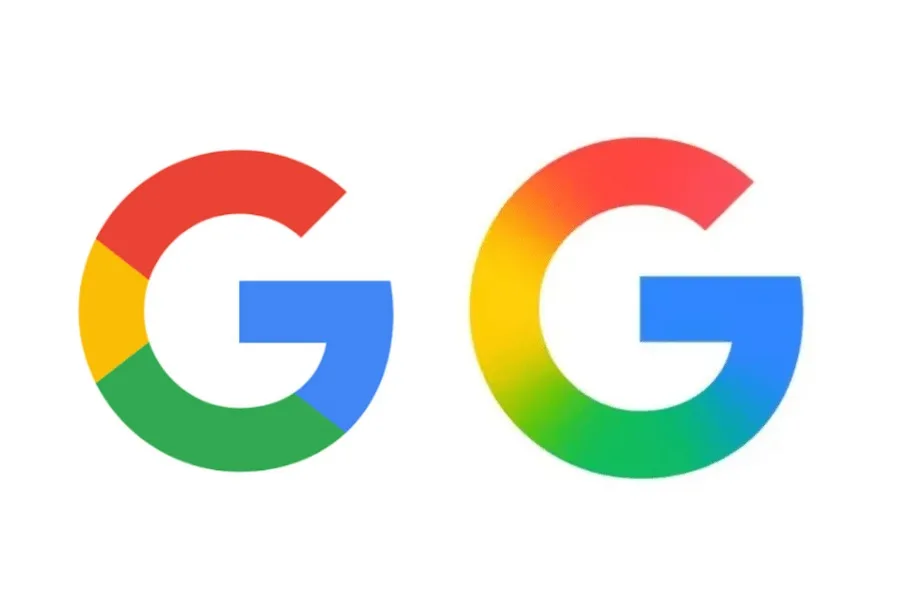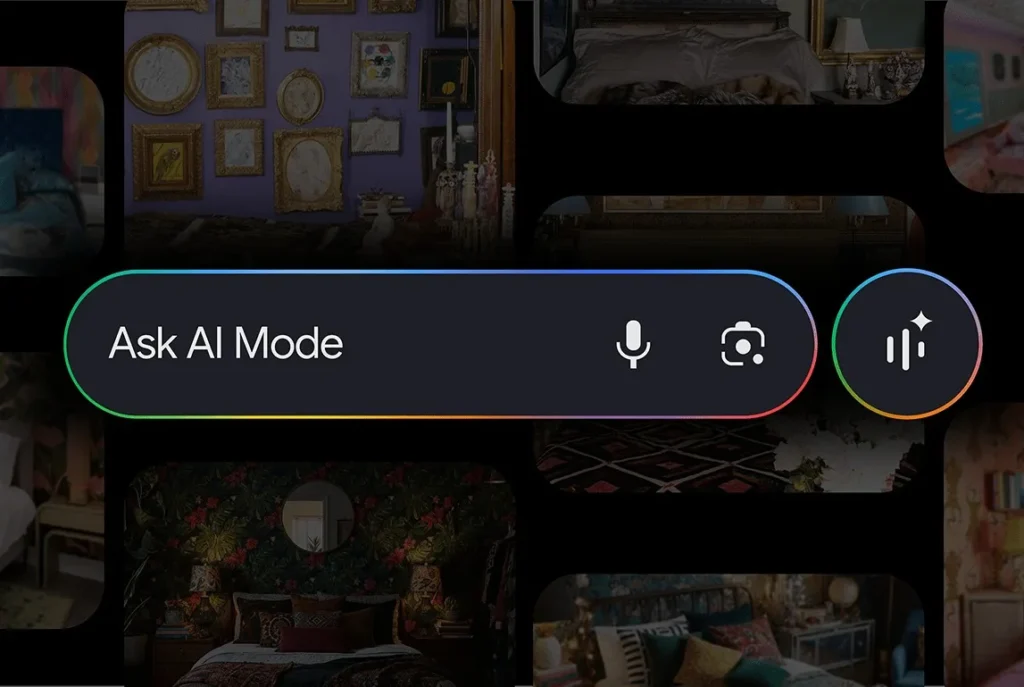Browser Wars: Opera Takes on Microsoft for Anticompetitive Practices with Edge
The battle between web browsers is intensifying. The Norwegian company Opera is preparing to file an official complaint against Microsoft with the Brazilian competition authority (CADE), accusing the tech giant of unfairly promoting its Edge browser on Windows devices.
According to information reported by TradingView News, Opera intends to expose several tactics used by Microsoft to consolidate Edge’s dominance: pre-installation by default, pop-up windows discouraging users from switching browsers, and system integrations that complicate changing browsers unnecessarily.
This behavior is not new and recalls the tactics employed by Microsoft in the late 1990s with Internet Explorer, which led to one of the largest antitrust cases in U.S. history.
A Familiar Tune: The Shadows of Past Browser Wars
The CEO of Vivaldi, Jon von Tetzchner, has described Microsoft’s current tactics as “desperate” and “anticompetitive,” emphasizing that the company seems to have learned nothing from past mistakes. He is not alone in this view: criticism is rampant in the tech press, with many independent browser developers highlighting an alarming reality.
Microsoft’s current strategy involves locking users into its ecosystem, leveraging the power of Windows to impose Edge, Bing, Copilot, and other in-house services.
The Browser Choice Alliance: A Collective Response

In response, Opera has recently joined an unprecedented coalition: the Browser Choice Alliance, alongside Chrome, Vivaldi, Waterfox, and Wavebox. Their goal? To defend users’ freedom of choice and put an end to the unfair advantages granted to Edge.
The group is calling for clear measures from regulators, such as displaying browser choice screens at the Windows startup and eliminating technical barriers that hinder the installation or setting of a third-party browser as default.
An Imbalanced Power Dynamic Despite Low Market Share
Ironically, Edge only holds a 5% to 10% share of the global market, far behind Chrome. However, its default position in Windows gives it unparalleled visibility and major influence over users’ initial choices.
Analysts note that this preinstallation combined with the biased interface of Windows creates a lock-in effect, preventing fair competition and discouraging less tech-savvy users from exploring other options.
Brazil as the New Battleground
Opera is primarily targeting the Brazilian market, where Microsoft holds a significant share of the PC market. The complaint, expected in the coming weeks, could set a precedent if CADE (the equivalent of the Competition Authority) decides to force Microsoft to open access to its platforms.
This move comes alongside another action by Opera before the General Court of the European Union, contesting Brussels’ decision not to classify Edge as a “gatekeeper” under the Digital Markets Act (DMA).
Opera’s complaint is part of a global reevaluation of the practices of tech giants. In the United States, the DOJ is pursuing Google for abusing its dominant position in search, a case that indirectly relates to the browser wars.
Microsoft has already been forced in the past to pay several billion euros in fines for similar practices. European, Brazilian, and even Indian or South Korean authorities could follow suit if the case gains momentum.
The Stakes: Preserving Innovation in a Stifled Market
For alternative browsers like Opera, the fight goes beyond mere visibility; it concerns their ability to innovate and differentiate. The Norwegian browser has long been a pioneer in features like integrated VPN, built-in ad blocker, and customizable interfaces.
These innovations are unlikely to reach the general public if Microsoft continues to direct users by default to its own services.
Faced with a coalition of major players and increasing regulatory pressure, Microsoft may be compelled to soften its stance or even to reintroduce a browser selection screen, as was the case in Europe in 2010.
However, the Redmond giant continues to defend Edge, emphasizing its advantages in terms of security, integration with Windows, and productivity.
The outcome of this conflict could redefine the rules of the game in the browser market, with direct consequences for the user experience of billions of people.




